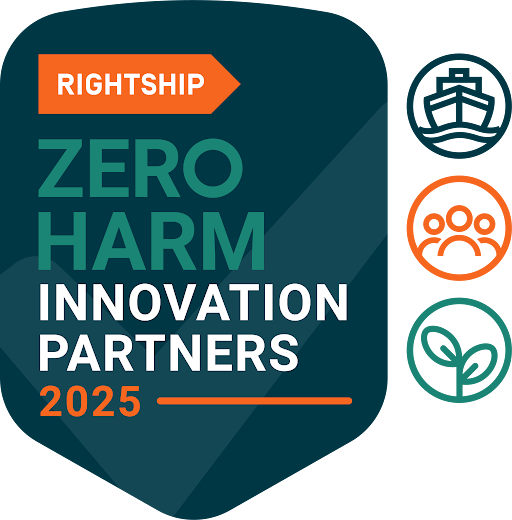Transforming Employee Onboarding: The Power of Custom Orientation Packages
Introduction
In today’s fast-paced business environment, the importance of an efficient and effective employee onboarding process cannot be overstated. A well-designed onboarding program not only sets the stage for new hires to succeed but also impacts employee retention and overall organizational performance. Traditional onboarding methods often involve a one-size-fits-all approach that may not adequately address the specific needs of a company or its new employees. This is where custom company orientation packages come into play, offering a tailored solution that can transform the onboarding experience.
The Challenges of Traditional Onboarding
Traditional onboarding processes frequently rely heavily on in-person training sessions, generic materials, and a flood of information that can be overwhelming for new hires. These methods often result in logistical challenges, inconsistent delivery of training, and a lack of engagement from new employees. Furthermore, the inability to effectively transfer company culture and values during the onboarding process can lead to misalignments that hinder a new hire’s integration into their team.
The Solution: Custom Company Orientation Packages
1. Tailored Content for Cultural Integration:
One of the most significant advantages of custom orientation packages is their ability to infuse the company’s culture directly into the training process. Tailored content that reflects the organization’s values and practices helps new hires understand their role within the larger mission and fosters a sense of belonging from the start.
2. Digital and Flexible Training Modules:
With the rise of remote work and the increasing need for flexibility, digital training modules are a cornerstone of modern onboarding programs. These modules allow employees to complete their training at their own pace and from any location, which is especially beneficial for remote or distributed teams. This flexibility also helps to reduce the pressure and anxiety that new hires might feel, making the learning process more enjoyable and effective.
3. Enhanced Safety and Compliance Training:
Safety and compliance are critical in many industries, particularly in sectors like manufacturing, construction, and healthcare. Custom orientation packages can include specific training modules that ensure all employees meet the necessary safety standards before they start work. This proactive approach minimizes risks and underscores the company’s commitment to employee well-being.
4. Cost Efficiency and Reduced Administrative Burden:
Organizing in-person training sessions can be costly and time-consuming. By adopting a digital onboarding solution, companies can significantly reduce logistical expenses and administrative burdens. This shift not only cuts costs but also allows HR teams to focus on more strategic tasks rather than getting bogged down in coordination and paperwork.
Implementation Strategies for Custom Orientation Packages
Implementing a custom company orientation package requires careful planning and execution. Here are some strategies to ensure a successful rollout:
1. Assess Organizational Needs:
Begin by conducting a thorough assessment of your current onboarding process and identify areas that need improvement. Engage with stakeholders from different departments to understand their expectations and requirements for new hires.
2. Develop Engaging Content:
Work with training specialists and instructional designers to develop engaging and informative content. Use a mix of multimedia, interactive simulations, and real-life scenarios to make the learning process more dynamic and effective.
3. Pilot and Gather Feedback:
Before a full-scale rollout, pilot the custom orientation package with a small group of new hires. Gather their feedback and use it to refine the modules and overall approach. This iterative process ensures that the final product is well-tuned to the needs of the users.
4. Measure Success and Iterate:
After implementation, continuously measure the effectiveness of the onboarding program through surveys, interviews, and performance metrics. Use these insights to make ongoing adjustments and updates to the package.
Conclusion
In conclusion, custom company orientation packages represent a significant advancement in the field of HR and employee onboarding. By providing a tailored, flexible, and engaging start for new hires, these packages can help businesses improve employee retention, enhance job satisfaction, and maintain a strong organizational culture. As the workforce continues to evolve, the ability to adapt and personalize the onboarding experience will be crucial for companies looking to thrive in a competitive business landscape.

Approved & Certified by Bureau Veritas

We are proud to be member of


